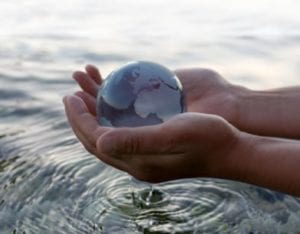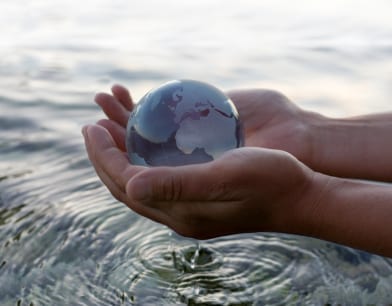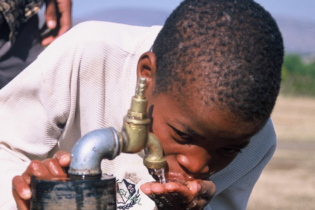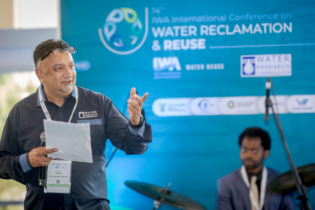Through the SWPN corporates in South Africa working with the Department of Water and Sanitation and other stakeholders are rolling out an innovative irrigation water management system that is currently saving 55 million m3 of water.
SWPN said that annually, this was about half the consumption of Nelson Mandela Bay. Ginster said the intention goes beyond this water saving result. He added that this and other projects plan to develop a joint understanding of the country’s precise water problems, as well as work together to create solutions to solve these problems.
Following the launch of the United Nations World Water Development Report 2017 last week, stakeholders in the industry have asked whether South Africa’s water scarcity is driving new forms of partnership within the private sector.
Zuma, who addressed the Global High-Level Panel on Water which took place in Durban on World Water Day, shared his thoughts on the global water situation. He said South Africa has potential to create new and more positive economic and social developmental pathways, and made reference to the building of partnerships.
The private sector currently supplies more than one billion people with water and wastewater services around the world.
The event’s discussion looked at whether the private sector can play a different role in water management partnerships than it currently does in South Africa.
The Strategic Water Partners Network (SWPN) believes that this would lead to tapping into wastewater as a resource for various uses, among other things.
Martin Ginster, who heads up water management at Sasol, spoke at the event and cited examples of how the private sector is already involved in many exploratory projects using non-traditional models of collaborating with government and civil society.
The SWPN said that these models of collaboration go beyond the private sector carrying out measures to comply with regulation, delivering on water management contracts, or providing corporate social responsibility funds to government and NGOs.








